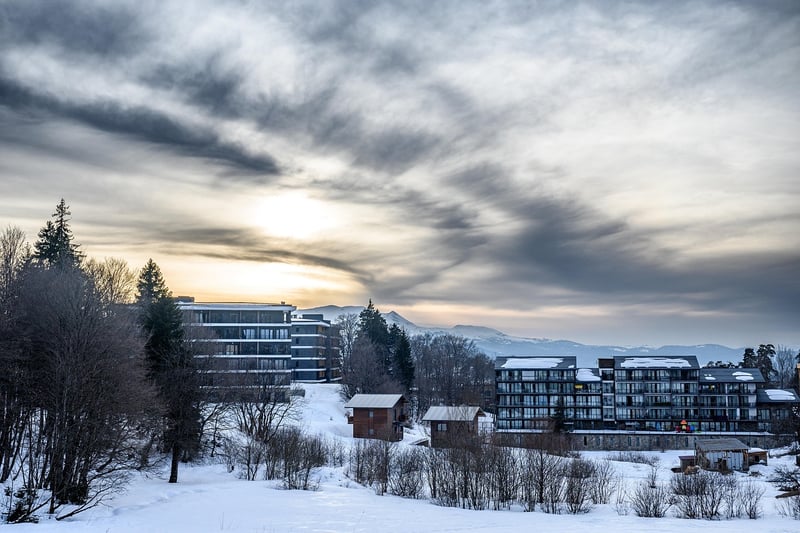Future Vacations
Exploring Leisure Activities Through Different Time Periods
Leisure activities have evolved significantly over time, reflecting the changing lifestyles and interests of people in different eras. Let's take a journey through history to explore how leisure was enjoyed in various time periods.
Ancient Times
Ancient civilizations like the Greeks and Romans valued leisure time and engaged in activities such as sports, music, and drama. The Greek Olympics, for example, were a major sporting event that brought people together to compete and celebrate athleticism.
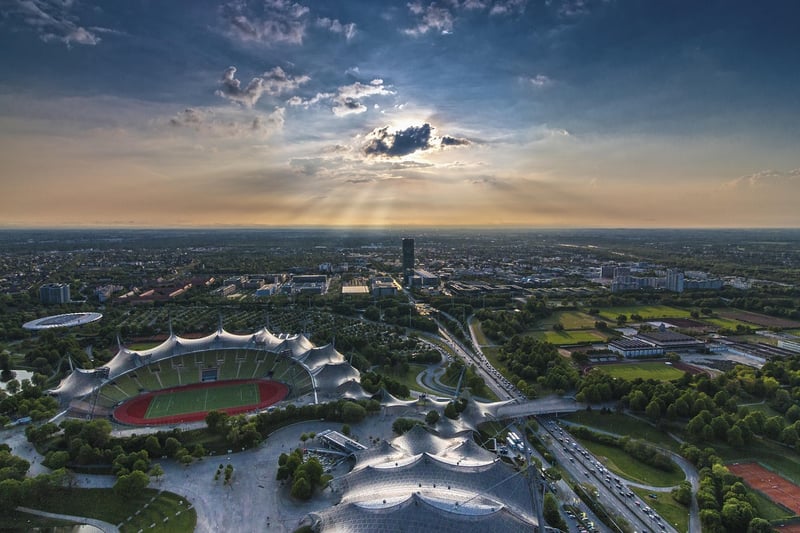
Medieval Period
In the Medieval period, leisure activities were often tied to social gatherings and festivals. Jousting tournaments, feasts, and dances were popular forms of entertainment among the nobility, while peasants enjoyed simpler pastimes like storytelling and folk music.

Industrial Revolution
The Industrial Revolution brought about significant changes in leisure activities as people migrated to urban areas for work. Public parks, theaters, and sporting events became more accessible, providing opportunities for relaxation and entertainment amidst the bustling city life.
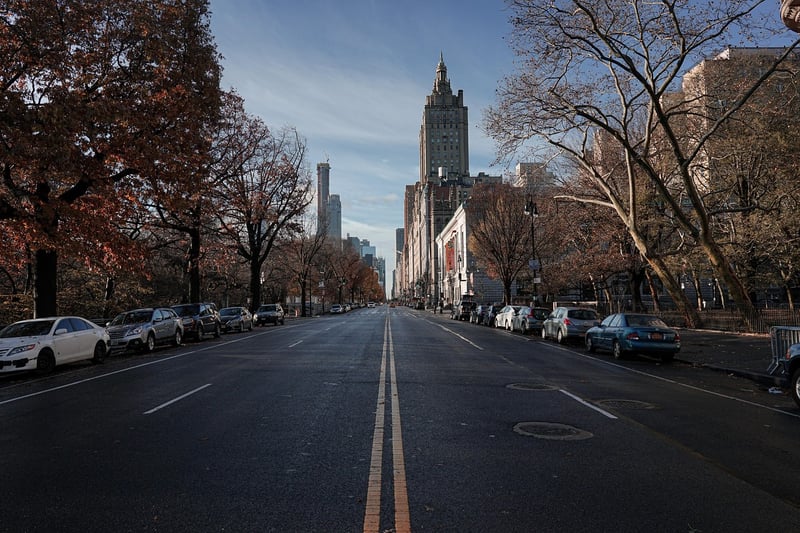
Future of Vacations
As we look ahead to the future, the concept of vacations is likely to undergo further transformation. With advances in technology, virtual reality vacations and space tourism could become mainstream, offering unique and immersive leisure experiences.
Virtual Reality Vacations
Imagine exploring exotic destinations or historical landmarks from the comfort of your home through virtual reality. This emerging trend in travel allows individuals to immerse themselves in different cultures and environments without physically traveling.
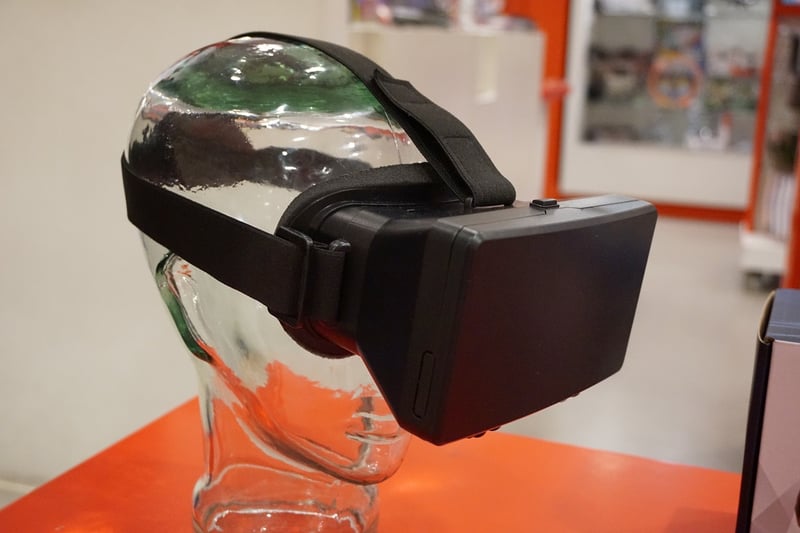
Space Tourism
For those seeking extraordinary adventures, space tourism holds the promise of venturing beyond Earth's atmosphere to experience the wonders of outer space. Companies like SpaceX and Blue Origin are working towards making space travel a reality for civilians in the near future.
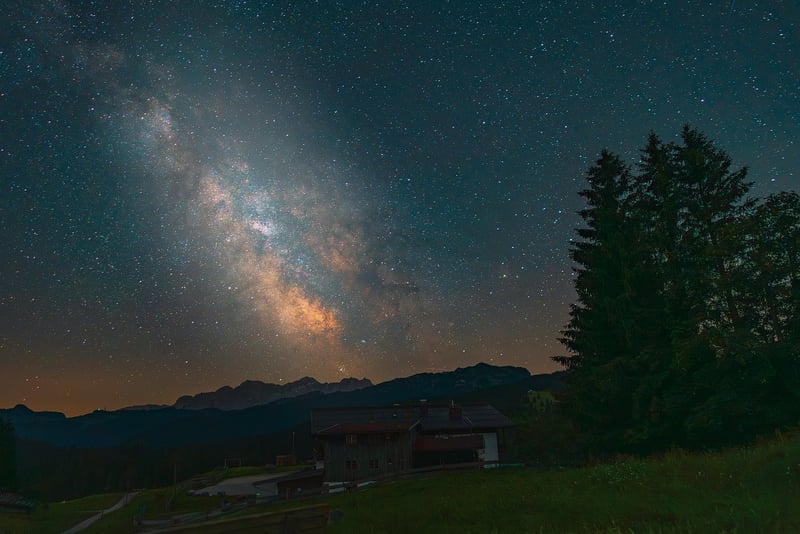
Whether we reflect on the leisure activities of the past or envision the possibilities of future vacations, one thing remains constant – the human desire for recreation, exploration, and discovery.
